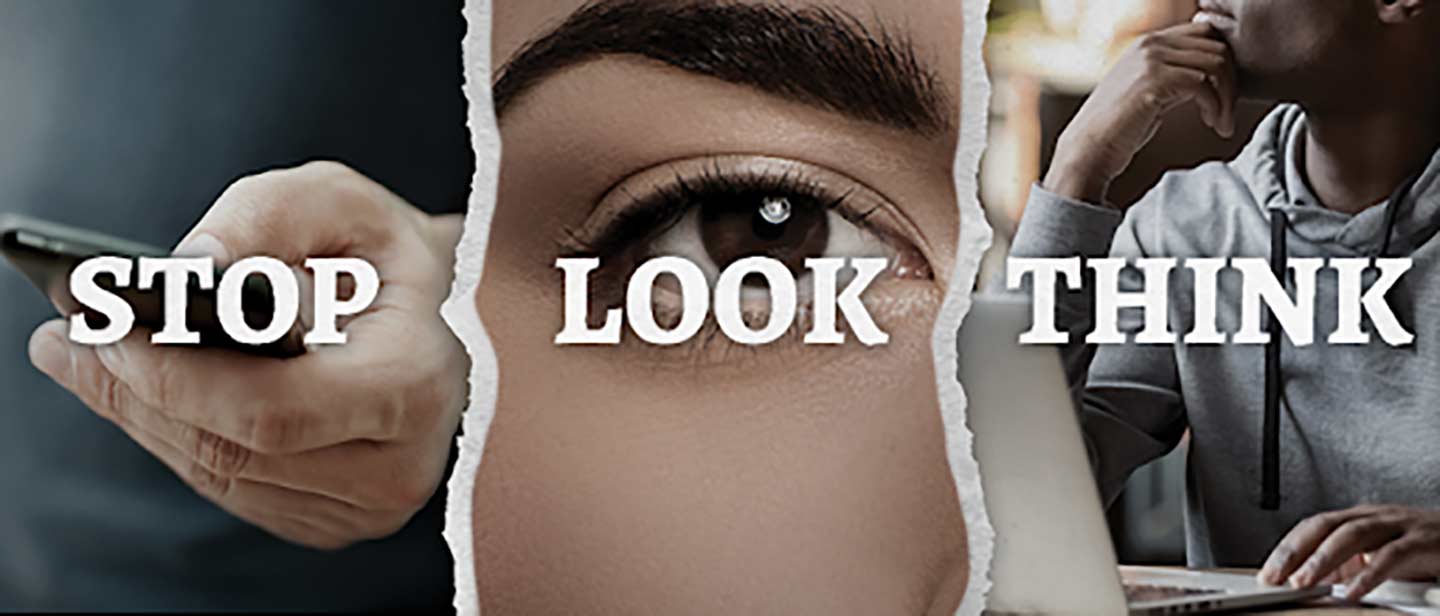
4 Steps for Staying Cyber Safe at Home
Many UAH personnel participate in a Hybrid work model - working part of the week from campus and part of the week from home. While it is very convenient to work from home, the hybrid work model does potentially introduce additional cyber risks to UAH that could originate on your home wireless networks and devices in your home. Thankfully there are some simple steps you can take at home to not only protect UAH but you and your family’s data as well.
Use Multifactor Authentication Whenever Possible
Two Factor Authentication, 2FA, Multifactor Authentication, MFA. They all mean the same thing: requiring an extra authentication factor where trusted websites and applications ask you to confirm you are who you say you are. Passwords by themselves are subject to a number of simple attacks that malicious actors continuously attempt to exploit. By turning on Multifactor Authentication, you increase the security of your data and the systems that you connect to. Now, even if an attacker somehow compromises your password, they still need to compromise another layer of security.
UAH requires Duo MFA for access to the vast majority of University information systems. Your email is protected by Google 2FA. We encourage you to utilize both of these protection measures wherever possible.
But please don’t stop there. Many different websites and systems support this additional layer of protection: banks, social media networks, many schools, and businesses want to make sure you’re the one accessing your information. You should use this technology wherever it is available. It may take an additional step to log in to your account but that minor inconvenience is worth it when the alternative is dealing with lost data, assets, or identity theft.
Turn On Automatic Software Updates
Malicious actors routinely exploit flaws in the systems we use every day: phones, tablets, PCs, laptops, operating systems, and applications. Manufacturers are working to fix bugs and flaws as soon as they can, but their work relies on all of us updating our software with their latest fixes.
Wherever it is possible, we encourage everyone to configure automatic updates for all devices, applications, and operating systems to ensure you receive the latest security patches as soon as they’re made available.
Think Before You Click
I know. I know. Another phishing email reminder is frustrating to read but malicious actors are targeting you at home as well. Use the same scrutiny on your private email as you do your email here at UAH.
Use Strong Unique Passwords
Even with MFA protections, your passwords should be sufficiently long and complex enough with upper and lower case letters, numbers, and symbols. Make sure you’re not recycling the same password across all your apps and websites and never use your UAH password as a password to another site. You can use a password manager to store all of your personal passwords and there are many reasons for doing so. Perhaps the strongest is that you don’t have to remember all the different passwords and you can generate very long and strong passwords for each site you go to. If you go this route, make sure your master password is strong and memorable, and secure your password manager account with MFA!
Our world is increasingly digital and increasingly interconnected. It’s going to take all of us to protect our data and the systems we all rely on. Being cyber-smart is contagious. Take the four basic steps outlined above and help your friends and family do the same.
#StayPreparedAndCyberAware
